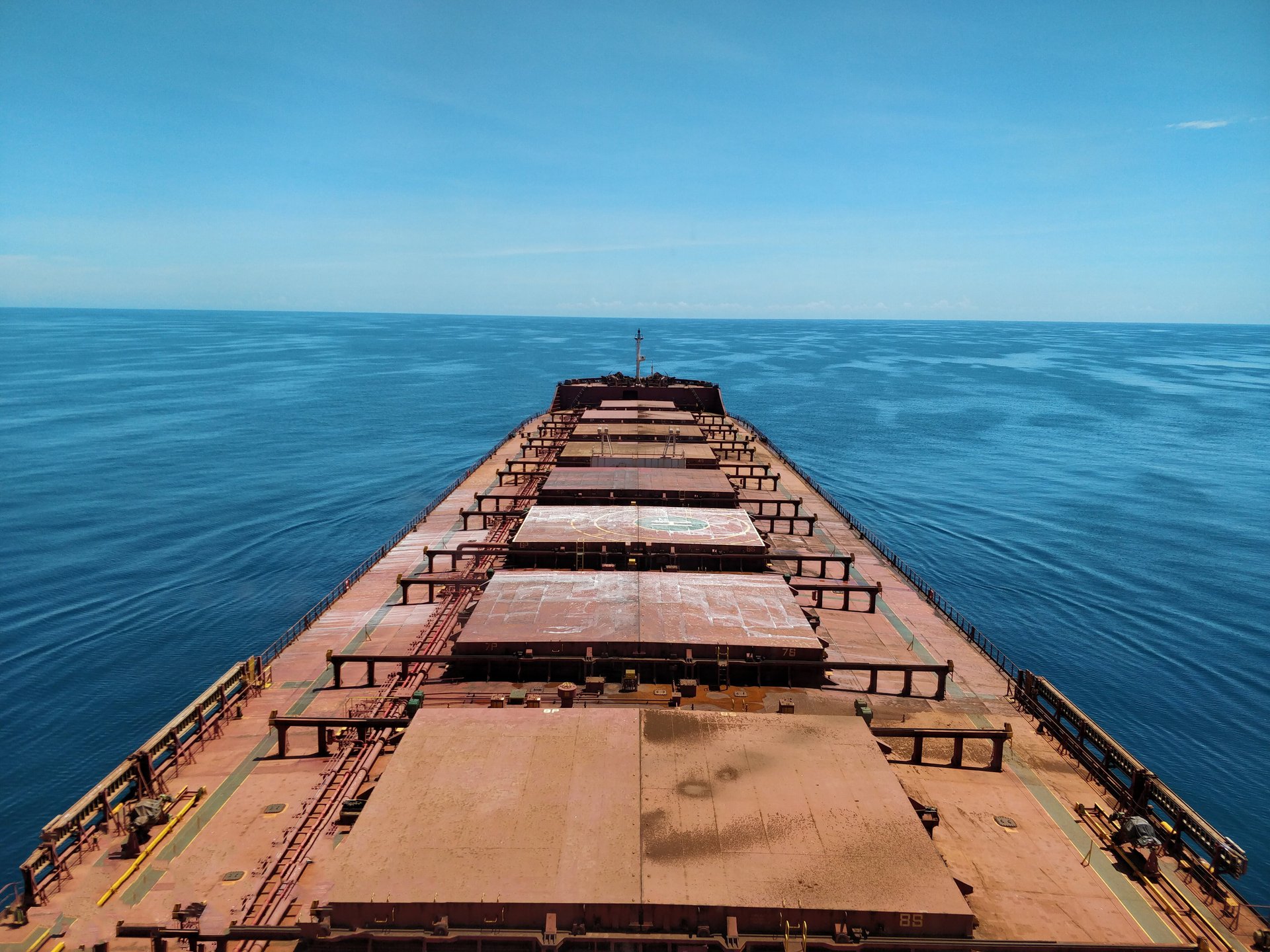
Published on 17 Oct 2023
In the past months, the upcoming inclusion of the maritime sector in the European Union Emissions Trading System (EU ETS) has caused a lot of debate and open questions regarding who will pay for EU ETS certificates. Now there seems to be more clarity according to Sebastian von Hardenberg, BSM’s Chief Financial Officer.

Published on 17 Oct 2023
To put it plainly: come the implementation date of 1 January 2024, BSM will be ready for EU ETS. We have made significant investments into our Fleet Performance and Carbon Accounting teams. Both are in full swing writing the procedural framework as well as creating the EU ETS dashboards and carbon accounting reports in our smartPAL software.
Initial and flexible OPEX budget proposals have been provided to our customers based on the understanding that EU ETS rules and regulations may keep changing and that customers will require different types of service levels depending on the set-up on their end.
Looking at the maturing EU ETS rules, I believe that charterers, shipowners and we ship managers can all be happy with the recent clarifications issued by the EU Commission on 1 September 2023, granting us the freedom to decide among ourselves who shall be responsible for EU ETS, registering the responsible party with the vessel IMO number through a declaration to the EU authorities.
Under the initial interpretation of the ruleset, the EU authorities would have accepted carbon certificates from and in the name of the ISM Manager only, which would have put shipowners and charterers into an awkward position whenever third-party ship managers are involved. Owners would have been asked to submit their carbon certificates to ship managers before the annual surrender date, while the default risk premium would have inflated ship management fees or required expensive credit risk insurances – all to the avoidable cash flow detriment of the shipowner.
Under the new rules, ship managers can serve shipowners by providing and administering data, reporting, carbon accounting, carbon certificate trading and EU registry services as required. But a shipowner does not have to part from the valuable carbon certificates prior to submission. Moreover, under the previous interpretation, there was a significant risk to compliant shipowners who could have been affected by defaulting shipowners due to a ship manager’s shared DOC. The old interpretation of the rules could have led to litigation and years of uncertainty – unacceptable given the amounts at stake.
There is still need for further clarification of key questions, such as responsibility in case of ownership change and the practicability of the registration process itself. However, from working directly with members of the European Commission’s Directorate-General for Climate Action over the last few months, I am happy to report that their understanding of our somewhat complex maritime industry is good and that they are committed to producing a realistic ruleset.
Alexander Senteris
Compliance Manager for Emission Trading Systems
ContactAlexander Senteris
Compliance Manager for Emission Trading Systems
E-mail the expert.


A lively account of the latest developments at BSM and across the wider maritime industry.